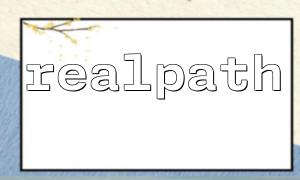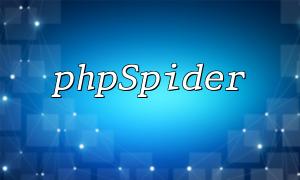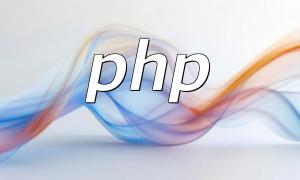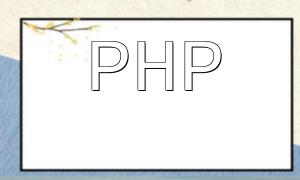In modern web development, JSON (JavaScript Object Notation) has become the leading data exchange format. When handling JSON data in PHP, data filtering is a key step in ensuring application security and performance. This article will introduce some tips for filtering JSON data in PHP to optimize your code and enhance application security.
Before working with JSON data, it's important to understand its basic structure. JSON data is typically made up of key-value pairs, where the key is a string, and the value can be a string, number, array, object, or boolean. By specifying the expected format of the data, we can effectively filter it.
In PHP, we can use the json_encode and json_decode functions to handle JSON data. These two functions make it easy to convert PHP arrays to JSON format, or to convert JSON data back into PHP arrays.
$data = array('name' => 'John', 'age' => 30);$json_data = json_encode($data);$array_data = json_decode($json_data, true);Filtering input JSON data is crucial. By ensuring the data we receive is valid and secure, we can effectively prevent SQL injection and cross-site scripting (XSS) attacks.
When working with JSON data, PHP's built-in functions such as filter_var and filter_input can help with effective data validation and filtering.
$name = filter_var($array_data['name'], FILTER_SANITIZE_STRING);$age = filter_var($array_data['age'], FILTER_VALIDATE_INT);Sometimes, the standard filters may not meet specific needs. In such cases, you can implement custom filters. By creating your own validation functions, you can filter data according to your business logic.
function custom_filter($data) { // Custom filtering logic return htmlspecialchars(strip_tags($data));}$filtered_name = custom_filter($array_data['name']);When parsing and handling JSON data, various errors may occur. By using json_last_error and json_last_error_msg, you can catch and handle these exceptions.
$json_data = '{"name": "John", "age":}'; // Invalid JSON format$array_data = json_decode($json_data, true);if (json_last_error() !== JSON_ERROR_NONE) { echo 'JSON Error: ' . json_last_error_msg();}Filtering JSON data in PHP is an effective way to enhance application security and improve performance. By using built-in functions, custom filters, and handling errors, developers can ensure the validity and integrity of the data. By following these tips, your application will safely handle JSON data and provide users with a better experience.









